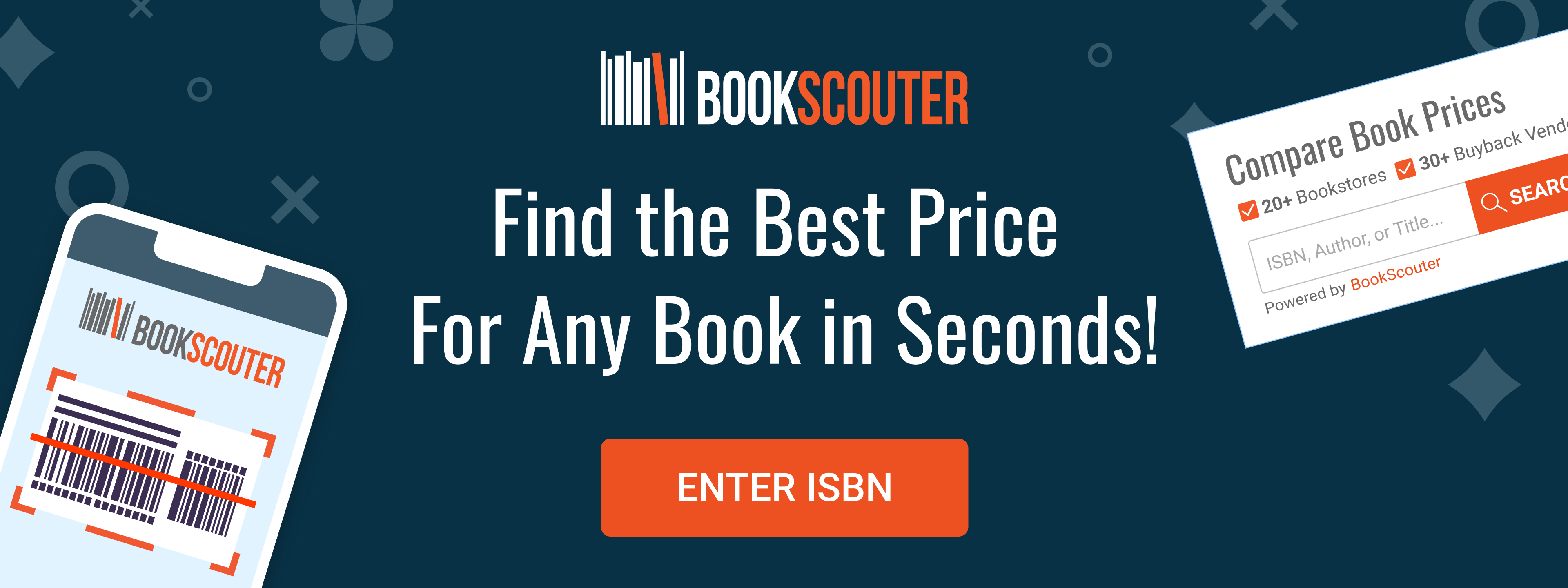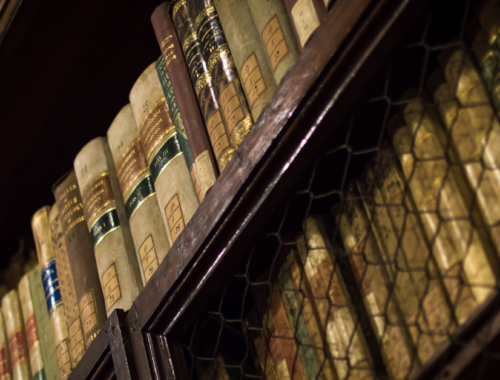
A good book represents one of the most enjoyable experiences available. For avid readers, nothing compares to immersing themselves in another world through the pages of a well-written book. Their enjoyment of reading often leads them to start collecting and preserving books.
If you’re part of the community inclined to store their favorite reads, you’ll find some essential tips here for doing it right. Every book lover is a potential book collector, whether as a hobby, a source of income, or both. There are numerous ways to make book collecting a memorable and rewarding experience.
Understanding the Art of Book Collecting
A hobby often defines you, and for book lovers, this is evident in their extensive libraries. Some have amassed a significant collection through years of reading, while others have dedicated their lives to collecting books, resulting in impressive libraries.
Book collecting is more an art than a mere act. It stems from a deep passion for books rather than just the desire to fill space. It’s an enjoyable hobby, distinct from hoarding, which is a common misconception.
This means if you love reading, you’re likely to have or start a book collection. If you’re considering becoming a book collector, you’re in the right place for guidance.
Tips to Becoming the Book Collector You’ll Be Proud Of
 Choose the Types of Books You Wish to Collect
Choose the Types of Books You Wish to Collect
Start by deciding which types of books you want to collect. This could be based on your favorite genre, specific authors, publication years, editions, or even cover art types.
It’s important to have a theme for your collection, which can start with the books you already own and cherish. Remember, your collection should be a source of joy for years to come, so focus on books that you truly love and value.
Expanding on this idea, consider the narratives that have moved you, the histories that have fascinated you, and the artworks that have captivated you. Your collection can serve as a mosaic of your intellectual and emotional landscapes, offering a glimpse into the breadth and depth of your literary journey. This initial step is not just about selecting books but about curating an extension of your identity.
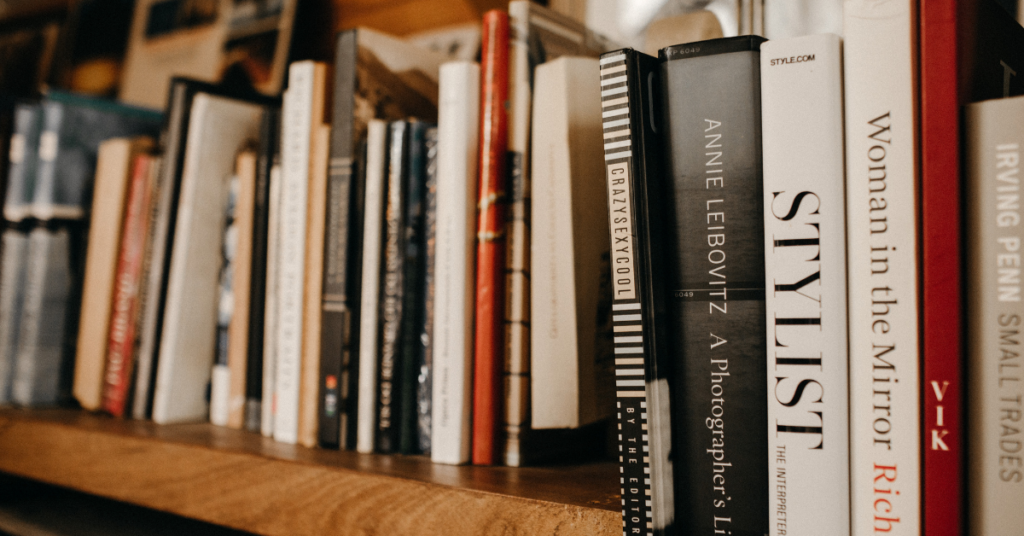
 Focus on a Specific Era
Focus on a Specific Era
Narrowing your search to a specific era can simplify your book-collecting journey. Instead of a broad genre like fiction, consider focusing on a more specific category, such as 20th Century American Adventure Books, or books from the Renaissance or Victorian periods.
This approach not only simplifies the search process but also enhances the coherence and significance of your collection. It allows you to explore the nuances and interconnectedness of works within a defined period or genre, creating a more meaningful and curated library that reflects your unique interests and scholarly pursuits.
 Collect What You Love
Collect What You Love
Your collection should reflect your interests. Avoid the trap of trying to create a “perfect” collection based on what’s popular or highly regarded by others. Your collection should bring you joy through every page turn.
When selecting books, listen to your heart as well as your mind. Consider the works that have touched you deeply, challenged your perspectives, or brought you immense joy. By focusing on what genuinely moves you, your collection will not only grow in value but also in personal significance. It will become a treasure trove of cherished memories and a source of endless inspiration and discovery.

 Set a Realistic Budget
Set a Realistic Budget
Remember, collecting books also means buying them. Set a budget that allows for your collecting activities without breaking the bank. Consider buying used books to save money while still acquiring quality items.
You should consider purchasing used books from stores and bookshops to make things easier. This will ensure you save some costs while still guaranteeing top-quality books. If you’re going to buy used books online, be sure to take your time and research books and prices.
Exploring various avenues for acquiring books, such as estate sales, auctions, and online marketplaces, can yield treasures at a fraction of the cost. Embrace the thrill of the hunt, knowing that each addition to your collection is a step closer to realizing your vision. By managing your budget wisely, you can ensure that the joy of collecting remains untainted by financial concerns, allowing your library to grow organically over time.
 Pay Attention to Book Condition
Pay Attention to Book Condition
Inspect books carefully before adding them to your collection. Look for signs of damage such as stains, torn pages, or weak bindings. Quality and condition are key to the value of your collection. Feel free to read our Determining Book Condition Guide.
Beyond the immediate concerns of damage, also consider the book’s historical and aesthetic value. An older book might show signs of age, but if it’s rare or has significant historical value, its condition might be acceptable within that context.
Always weigh the book’s condition against its rarity and significance to your collection. Remember, a book in pristine condition can be a jewel in your collection, enhancing its overall allure and worth.
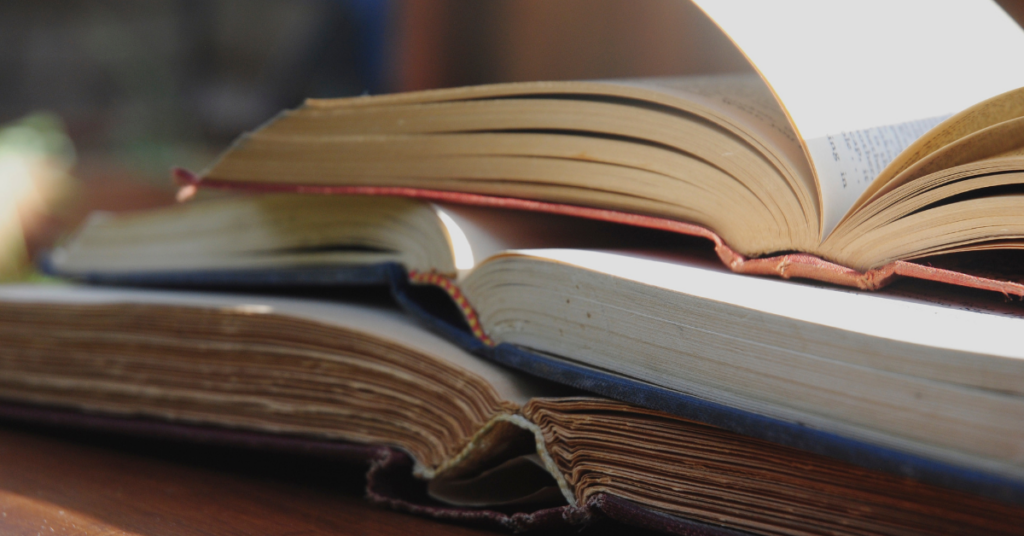
 Research Before Collecting
Research Before Collecting
Do thorough research on both the books and the sellers. This helps avoid counterfeit books and ensures you’re dealing with reputable vendors.
Delve into the history of the book you are considering—its editions, printings, and any distinguishing features that might affect its value. Understanding these nuances can help you make informed decisions and avoid common pitfalls in the collecting process.
Similarly, vetting sellers is crucial; look for those with established credibility, positive reviews, and membership in reputable bookselling associations.
This level of research not only protects your investment but also enriches your collecting experience, making each acquisition a knowledgeable choice rather than a mere transaction.
 Store Books Properly
Store Books Properly
Proper storage is crucial to preserving your collection. Use sturdy bookshelves, keep books away from direct sunlight and moisture, and handle them with care. See the list with creative book storage ideas.
Remember that your book collection is a treasure, and all treasures need constant care to maintain their value. Here are vital tips for proper care and storage of your book collection:
- Use strong bookshelves for neat and aesthetic organization. Books should be stored upright to ensure they don’t fall off and damage
- Clean your books regularly to prevent dust accumulation
- Keep your books away from walls to prevent moisture absorption
- Protect book spines to avoid breaking them, and use bookmarks instead of dog ears.
- Ensure your books aren’t exposed to direct sunlight
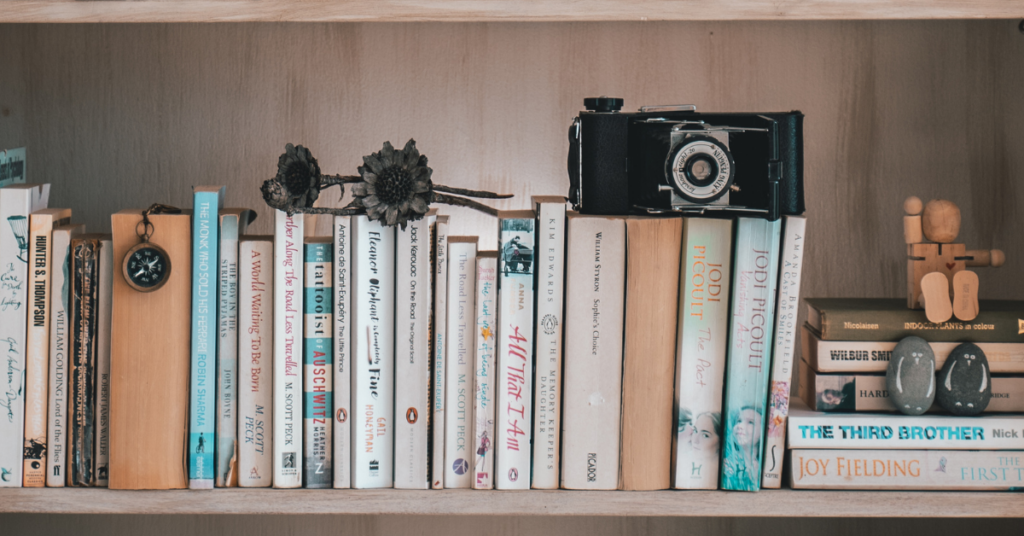
Do You Benefit From Collecting Books?
Beyond the joy of reading, books offer intellectual stimulation and personal growth. Starting a book collection is an investment in your intellectual and emotional well-being.
Wrapping Up
A successful book-collecting journey involves research, careful purchasing, and proper storage. With these elements in place, you’re on your way to creating the library of your dreams.

